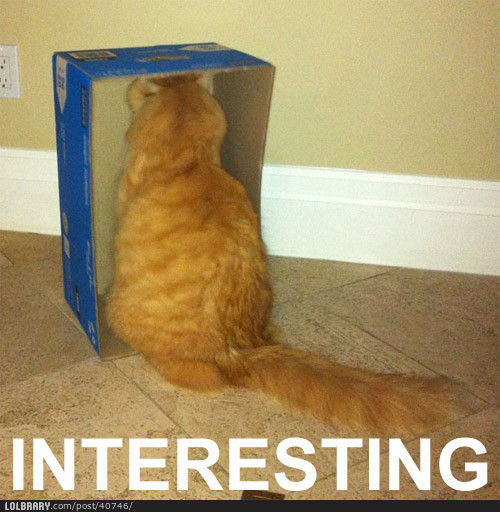That's right, I said it!
W-O-R-K. Wearisome, Ordinary, Repetitive, Killjoys.
It's a word we use in our everyday life as part of common vocabulary - to describe our occupation, our studies, our chores and the mundane things we fill our lives with.
But when 'work' comes into the classroom, it becomes a naughty no-no word.
Hands up all those who have said one of these phrases this week?
"Hurry up and get on with your work!"
"Have you started your work yet?"
"YOU'VE HAD TWENTY MINUTES. WHY HAVEN'T YOU FINISHED ALL YOUR WORK?!?!"
Don't worry, this is a safe place, no judgements - happens to the best of us.
This year, I've tried to eliminate the 'w' word from my classroom. Doesn't mean I don't say it every now and then - I'm not perfect, and it sometimes slips out - but I've made a conscious effort not to use the big bad W in my room.
(Note: in my defence, our spelling program is called 'Word Work', so it does occasionally have its place!)
"Why?" I hear you mumble discontentedly, "Students have content to learn and outcomes to achieve, and to do that they need to wo..."
SHHH! Don't use the 'w' word!
 |
| Don't make him fire the giant 'laser' at you. |
'Work' is an activity that is completed at a desk, has a time limit, and has one answer.
'Work' is the completion of a task, a finite process that has an end in sight, something that is started with the intention of being finished, and won't be built upon or extended further.
"So," I hear you sigh in resignation "What do you propose I should say if I can't use the 'w' word?"
It's quite simple really: Learning.
Hands up all those who have said one of these phrases this week?
"Hurry up and get on with your learning!"
"Have you started your learning yet?"
"YOU'VE HAD TWENTY MINUTES. WHY HAVEN'T YOU FINISHED ALL YOUR LEARNING?!?!"
 |
| Boxes are great, but it's also interesting how a simple change of verb renders the sentence nonsensical. |
'Learning' is a process that is achievable in any setting or context. It is not contained in any one activity - it is multidisciplinary, breaking down borders and barriers and allowing students to make meaningful connections between content, skills and knowledge.
'Learning' is not something that ever finishes - it is an ongoing, infinite process that is not contained within the four walls of the classroom; that is continued in every facet of our lives and is constantly enriching our understanding our selves and the world around us.
In fact, it could be said that Learning Never Stops! (Pfft - how clever am I?!)
So why change? Why eliminate the woeful 'w' word?
This simple switch in language can make a massive difference in a child's perspective of schooling.
The late Rita Pierson states "Children don't learn from people they don't like" - whether we want to believe it or not, this statement has an element of truth within it. Maslow's 1943 Hierarchy of Human Needs is the proof in the pudding, so to speak - he theorises that students thrive in educational environments in which they feel safe, confident, respected and enjoy.
No one enjoys 'work' - it's a process designed to get stuff done, not for developing a sense of fulfilment!
So - are your students 'workers' or 'learners'?
"Alright Miss Swain, I'm convinced!" I hear you trill excitedly. "But how do we make the switch? How do we facilitate this shift in thinking?"
Use the 3 M's!
 |
|
©BSwain
2014
|
- Model - Use the language
- Monitor - look/listen for the language in discussion
- Maintain - encourage it/keep it up!
Yes, it's not a cure all, and seems simple - but sometimes the simplest things are the most effective.
We're always talking about how we can 'get' these kids, our 21st Century Learners who are 'disengaged in the classroom' and 'don't care about their learning'. Could the answer be simply that we're using 19th Century metalanguage (i.e. workers) with 21st Century kids? |
| You said it, Boromir. |
Give it a go - eliminate the 'w' word from your pedagogical vocabulary and start your students 'learning'. I promise it won't be too much 'work'.
No comments:
Post a Comment